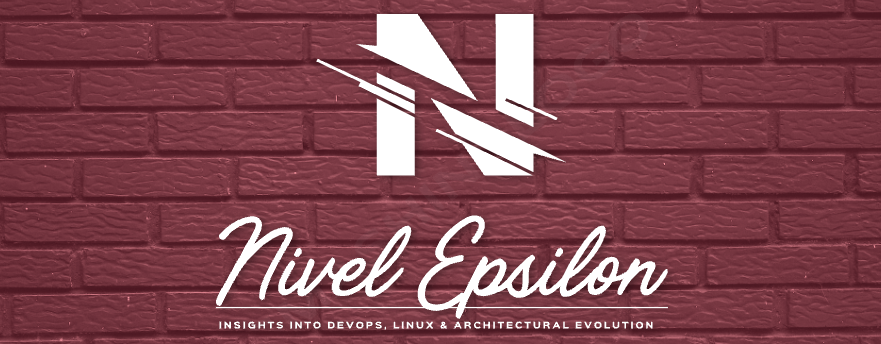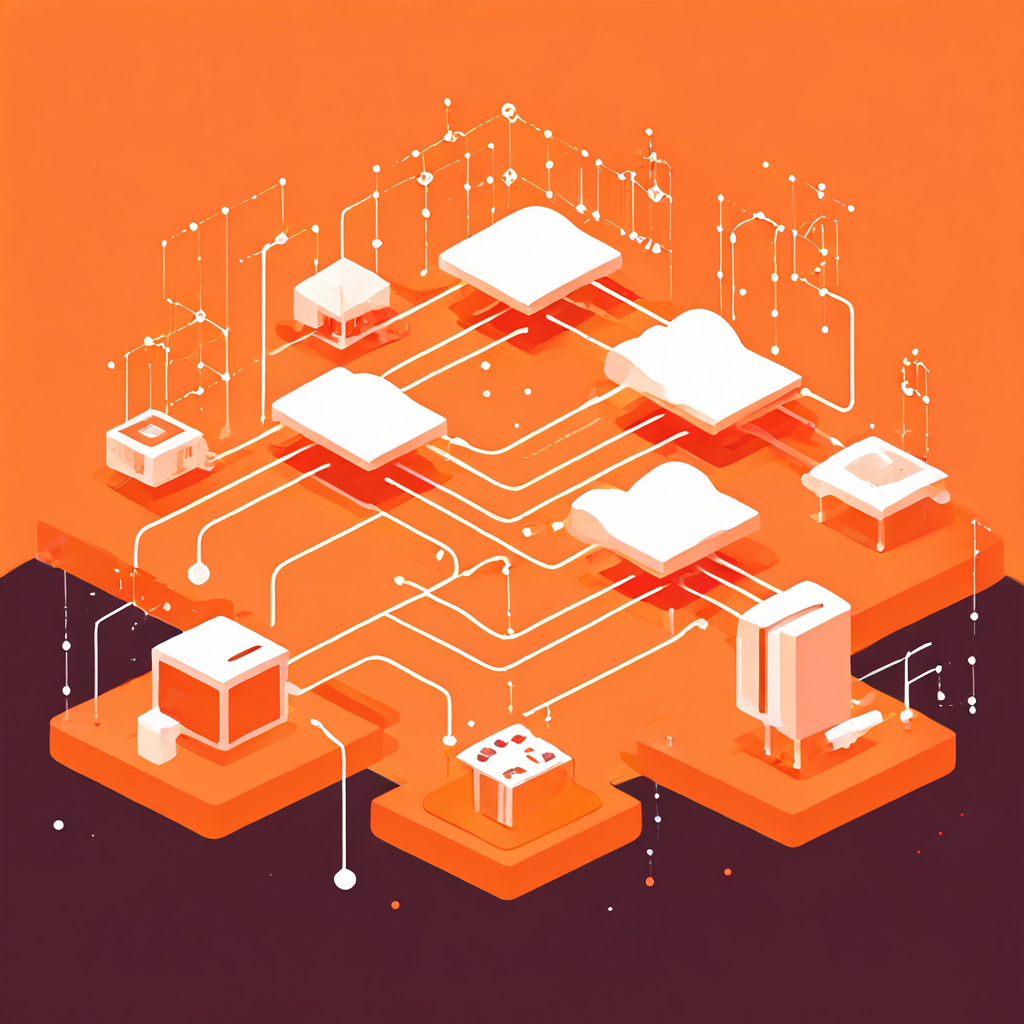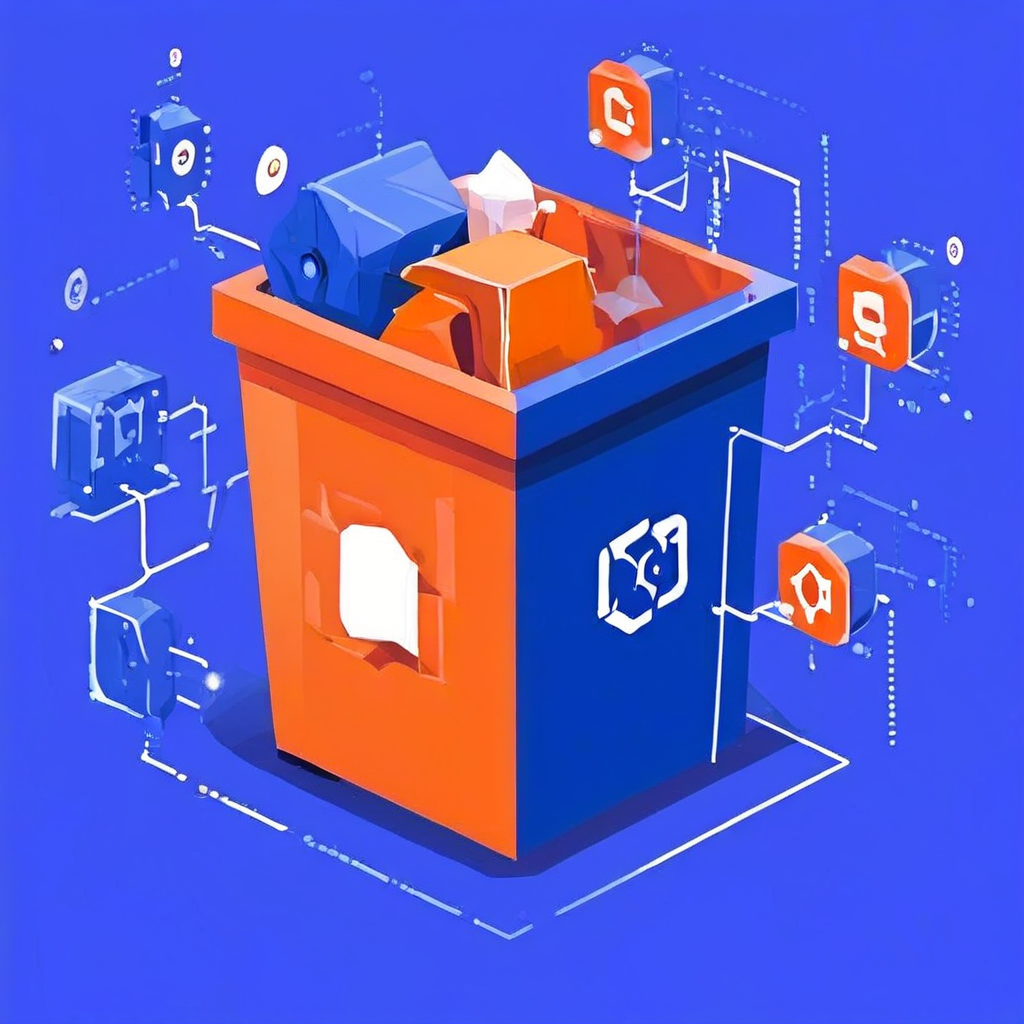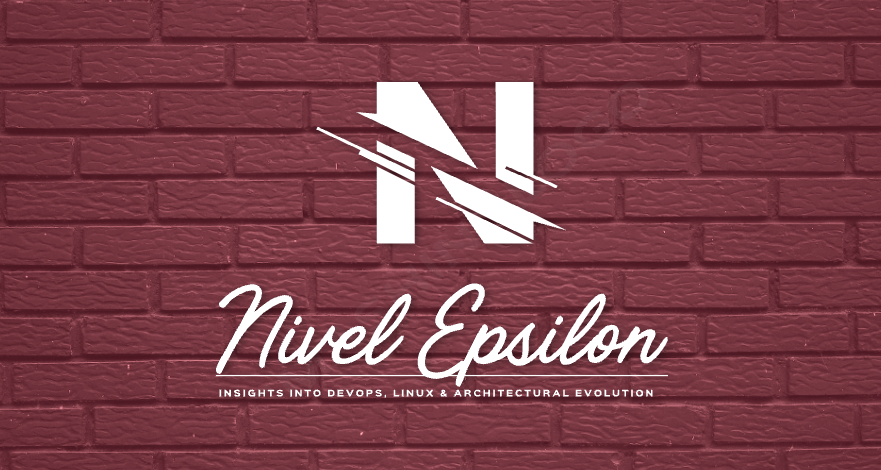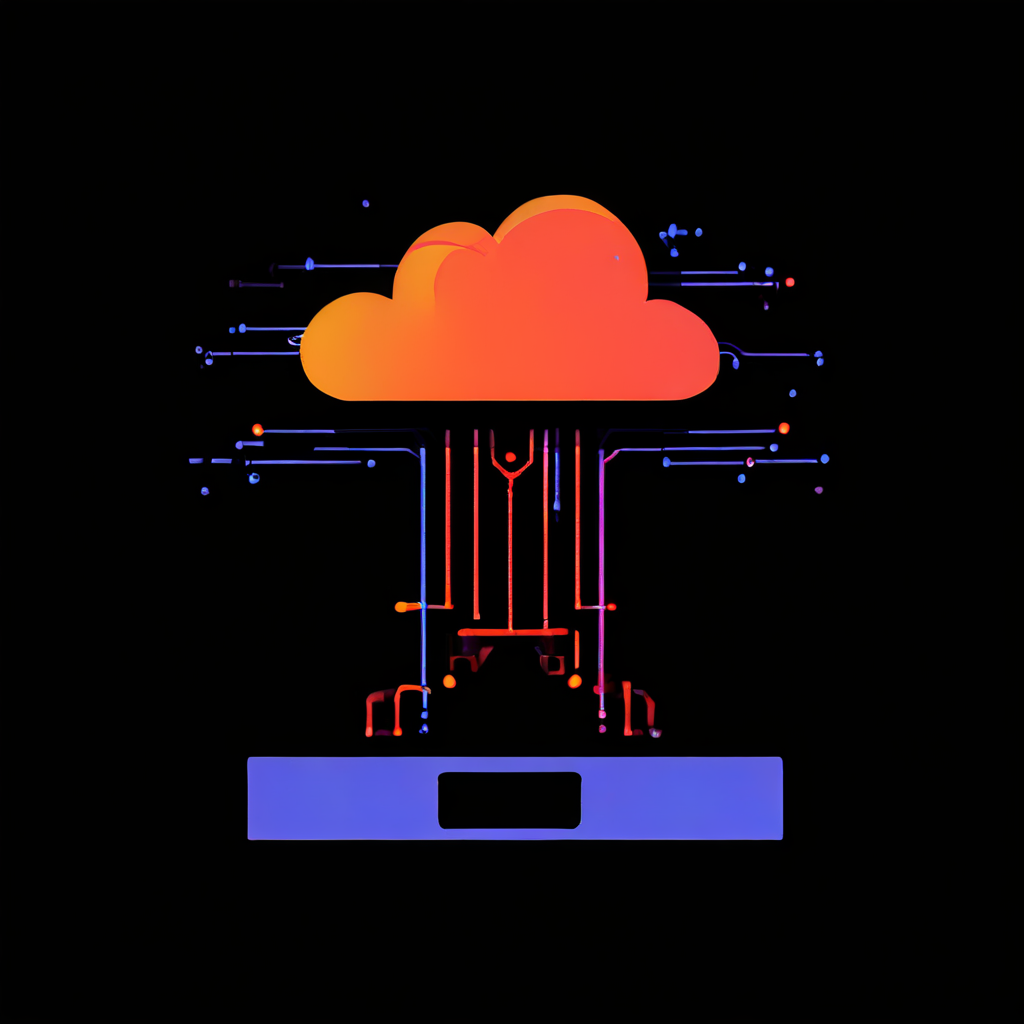
In the world of cloud computing, Elastic Load Balancers (ELBs) play a crucial role in distributing incoming application traffic across multiple targets, such as EC2 instances, containers, and IP addresses. As a Cloud Architect or DevOps engineer, understanding the error messages associated with ELBs is essential for maintaining robust and reliable systems. This article aims to demystify the most common ELB error messages, providing you with the knowledge to quickly identify and resolve issues.
The Power of Load Balancers
Before we explore the error messages, let’s briefly recap the main features of Load Balancers:
- Traffic Distribution: ELBs efficiently distribute incoming application traffic across multiple targets.
- High Availability: They improve application fault tolerance by automatically routing traffic away from unhealthy targets.
- Auto Scaling: ELBs work seamlessly with Auto Scaling groups to handle varying loads.
- Security: They can offload SSL/TLS decryption, reducing the computational burden on your application servers.
- Health Checks: Regular health checks ensure that traffic is only routed to healthy targets.
Now, let’s explore the error messages you might encounter when working with ELBs.
Decoding ELB Error Messages
When troubleshooting issues with your ELB, you’ll often encounter HTTP status codes. These codes are divided into two main categories:
- 4xx errors: Client-side errors
- 5xx errors: Server-side errors
Understanding this distinction is crucial for pinpointing the source of the problem and implementing the appropriate solution.
Client-Side Errors (4xx)
These errors indicate that the issue originates from the client’s request. Some common 4xx errors include:
- 400 Bad Request: The request was malformed or invalid.
- 401 Unauthorized: The request lacks valid authentication credentials.
- 403 Forbidden: The client cannot access the requested resource.
- 404 Not Found: The requested resource doesn’t exist on the server.
Server-Side Errors (5xx)
These errors suggest that the problem lies with the server. Common 5xx errors include:
- 500 Internal Server Error: A generic error message when the server encounters an unexpected condition.
- 502 Bad Gateway: The server received an invalid response from an upstream server.
- 503 Service Unavailable: The server is temporarily unable to handle the request.
- 504 Gateway Timeout: The server didn’t receive a timely response from an upstream server.
The Frustrating HTTP 504: Gateway Timeout Error
The 504 Gateway Timeout error deserves special attention due to its frequency and the frustration it can cause. This error occurs when the ELB doesn’t receive a response from the target within the configured timeout period.
Common causes of 504 errors include:
- Overloaded backend servers
- Network connectivity issues
- Misconfigured timeout settings
- Database query timeouts
To resolve 504 errors, you may need to:
- Increase the timeout settings on your ELB
- Optimize your application’s performance
- Scale your backend resources
- Check for and resolve any network issues
List of Common Error Messages
Here’s a more comprehensive list of error messages you might encounter:
- 400 Bad Request
- 401 Unauthorized
- 403 Forbidden
- 404 Not Found
- 408 Request Timeout
- 413 Payload Too Large
- 500 Internal Server Error
- 501 Not Implemented
- 502 Bad Gateway
- 503 Service Unavailable
- 504 Gateway Timeout
- 505 HTTP Version Not Supported
Tips to Avoid Errors and Quickly Identify Problems
- Implement robust logging and monitoring: Use tools like CloudWatch to track ELB metrics and set up alarms for quick notification of issues.
- Regularly review and optimize your application: Conduct performance testing to identify bottlenecks before they cause problems in production.
- Use health checks effectively: Configure appropriate health check settings to ensure traffic is only routed to healthy targets.
- Implement circuit breakers: Use circuit breakers in your application to prevent cascading failures.
- Practice proper error handling: Ensure your application handles errors gracefully and provides meaningful error messages.
- Keep your infrastructure up-to-date: Regularly update your ELB and target instances to benefit from the latest improvements and security patches.
- Use AWS X-Ray: Implement AWS X-Ray to gain insights into request flows and quickly identify the root cause of errors.
- Implement proper security measures: Use security groups, network ACLs, and SSL/TLS to secure your ELB and prevent unauthorized access.
In a few words
Understanding Elastic Load Balancer error messages is crucial for maintaining a robust and reliable cloud infrastructure. By familiarizing yourself with common error codes, their causes, and potential solutions, you’ll be better equipped to troubleshoot issues quickly and effectively.
Remember, the key to managing ELB errors lies in proactive monitoring, regular optimization, and a deep understanding of your application’s architecture. By following the tips provided and continuously improving your knowledge, you’ll be well-prepared to handle any ELB-related challenges that come your way.
As cloud architectures continue to evolve, staying informed about the latest best practices and error-handling techniques will be essential for success in your role as a Cloud Architect or DevOps engineer.
